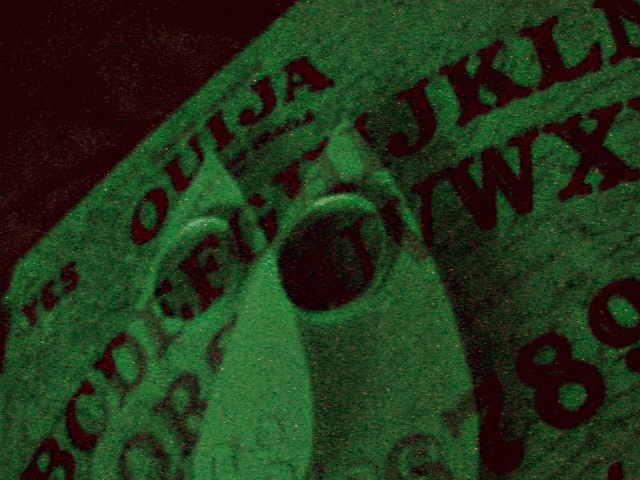Abby Manzella
Sylvie lied about her favorite cereal. (Life not Honey Nut Cheerios.)
She lied about the book she was reading. (A Bridge to Terabithia not A Room of One’s Own.) She lied about why, three weeks from the end of her junior year, she no longer had a curfew. (“Trust,” she said. “I have my parents’ trust.”) After all, Sylvie thought, no one should know even those simplest details. They were hers alone.
“Why do you lie about the stupidest stuff,” her chem lab partner asked her over the alkaline solution.
“I heard scammers use it to figure out passwords. I’m sure you’ve heard about accounts being hacked using pets’ names, right?” (She told her classmates her hamster’s name was Hamlet, but really it was Fluffernut.) The conversation quickly dead ended because you can’t arrive at truth through other fabrications.
Perhaps her lying was pathological, her lab partner considered.
Some thought she lied to get ahead—wasn’t she always the teacher’s favorite?
Others thought she lied because she had something to hide—maybe she had failed geometry after all.
Still others thoughts she lied like the con-artists they read about who manipulated friends to their will. They held their eyes warily on Sylvie.
Mostly, though, people weren’t looking to tear through the roughly stitched words of Sylvie’s stories because why should they try to get closer to girl so distanced.
Sylvie lied because she knew what others wanted to hear.
She lied because it was fun to watch others believe what she created.
She lied because she knew others didn’t really care.
Sylvie lied because why shouldn’t she be allowed to create the story of her life instead of having to admit that empty pit she felt every time she thought about yelling at her father about how he was ruining her life because who else had to be home by 10pm on a Friday night when they could drive and the weather was warm, but only a week later, he was the one who didn’t come home. He was the one who stay out and out beyond his curfew, if parents had curfews, and her mother said nothing and her brother played his videogames and she was alone in a forest of silence and her self-incrimination, and she wasn’t going to tell anyone about any of it. After all, this was her story. And she would tell it her way.
Abby Manzella is the author of Migrating Fictions: Gender, Race, and Citizenship in U.S. Internal Displacements, winner of the Society for the Study of American Women Writers Book Award. Her work has been published by places such as Literary Hub, Catapult, trampset, Flash Frog, and The Rumpus. Find her on Twitter @abbymanzella.
Photo by Molly Blackbird on Unsplash



